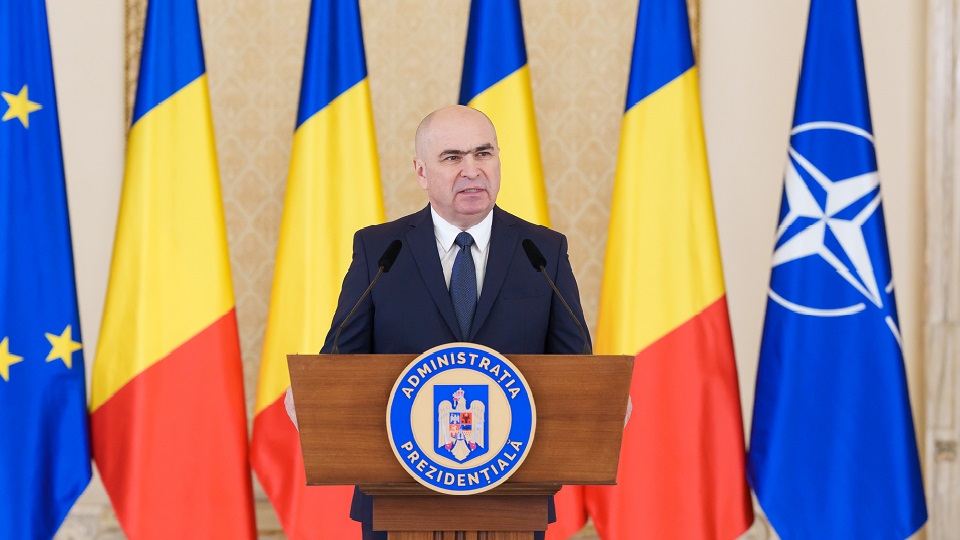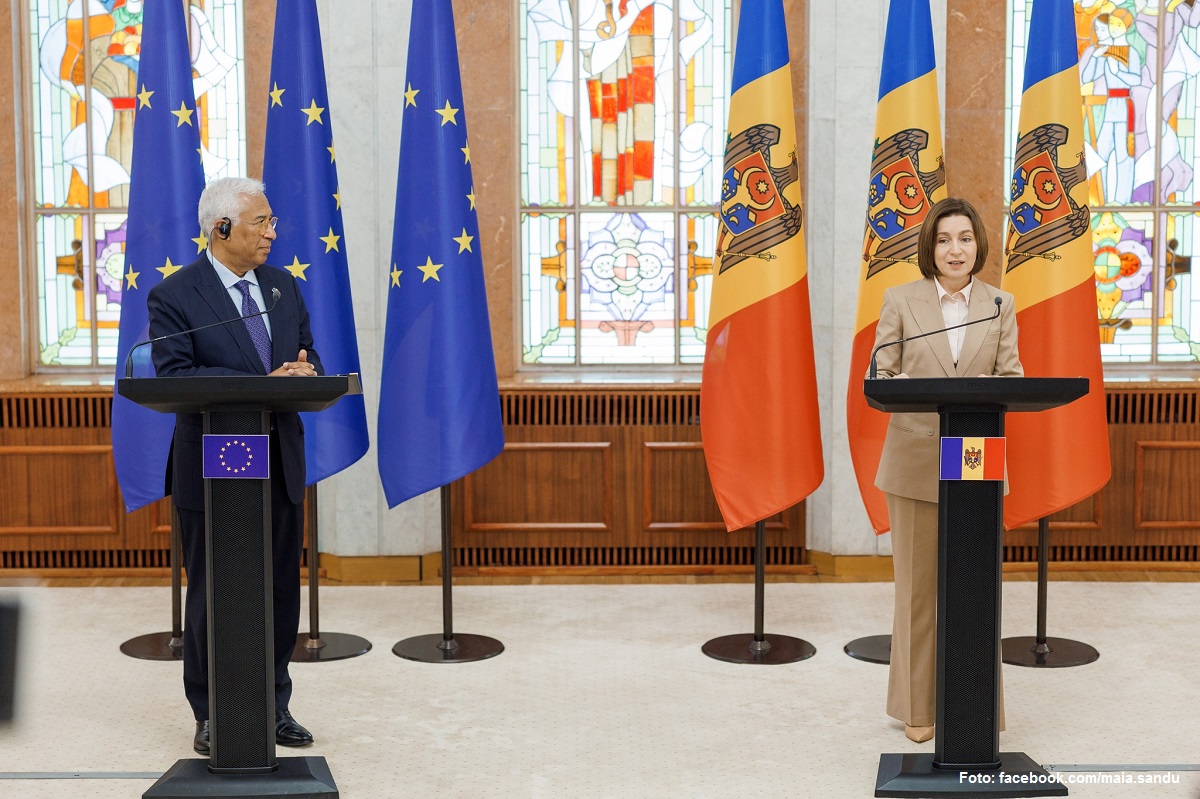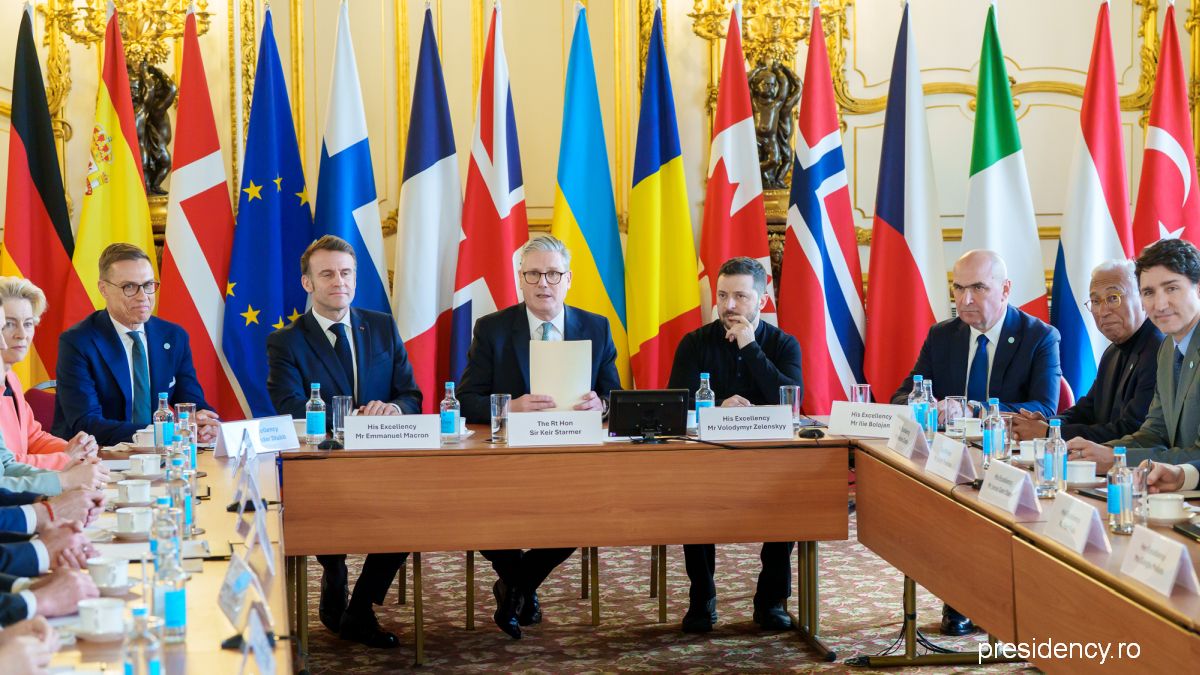Positive Economic Results
In late September a budget surplus of 0.06% of the GDP was reported for Romanias public budget execution.

Roxana Vasile, 28.10.2014, 15:35
The overall public budget is the complete set of budgets in the public budgetary system. As for the budget execution, the term is used to refer to the process of collecting budget revenues and of transferring the expenditure approved under the budget. Once those terms defined, the Finance Ministry in Bucharest announced on Monday that at the end of September, the execution of Romania’s overall public budget was finalised, with a surplus of 0.06% of the Gross Domestic Product. With the leu-euro exchange rate at roughly 4.5, the overall revenues, amounting to 155.4 billion lei and accounting for 23.5% of the GDP, were 5.5% higher than in the corresponding period of last year.
The revenues from social security contributions, excises, property taxes, profit taxes and VAT were higher than last year. The positive result was also influenced by the revenues from the greenhouse gas emission certificates issued by the Economy Ministry, as well as by revenues from the second instalment of the tax on special buildings. The amounts received from the European Union have remained relatively low, accounting for 0.8% of the GDP, but they are still nearly 10% higher than last year. On the other hand, public expenditure amounted to 155 billion lei, which is 0.3% less than in the corresponding period of last year, and 1.3% lower as a percentage of the GDP.
Personnel spending went up, as a result of the increase in national minimum wages twice this year, which finally reached 900 lei in July. However, expenses incurred with interest rates and with the procurement of goods and services dropped. Investment expenditure, which includes capital expenses and the expenses related to the development programmes financed from domestic and foreign sources, reached 16.5 billion lei, accounting for 2.5% of the GDP, as compared to 19.4 billion lei last year.
Experts see the current economic and financial context as a favourable one, which will enable Romania to meet its budget deficit target, standing at 2.2% of the GDP for 2014, as agreed on with the International Monetary Fund. Last year, Romania ended the year with an overall budget deficit of 2.5%. The Romanian authorities hope that, by maintaining fiscal discipline and targeting a 5-6% annual economic growth rate, Romania will gradually make up for the delays in development compared to other EU member states.






























